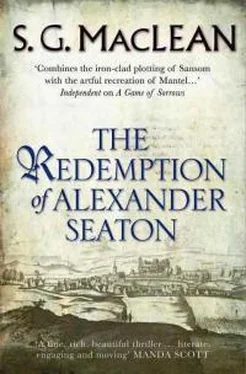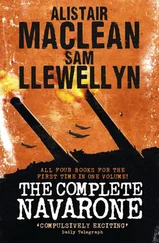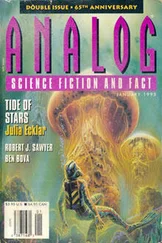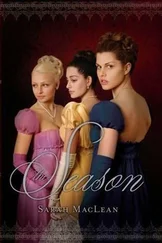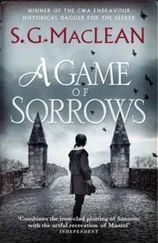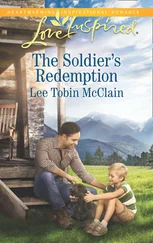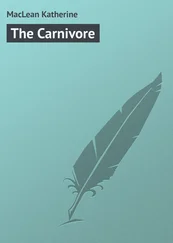Minister, baillie and notary were all, at length and to varying degrees brought into agreement with the provost as to the way to proceed. There remained the question of how the chosen document should be transferred safely to Straloch. Under the present circumstances, with a murderer either walking abroad in the burgh or lying untried in the tolbooth, neither the notary nor the baillie could be spared. The minister declared that it was not his intention to break bread with the idolatrous Gordons, and the provost was no message boy. The gaze of the baillie fell upon me. He must have known what I myself in the maelstrom of the past two days had almost forgotten – that I was committed to travel to Aberdeen the very next day. He himself would have signed the authority to release me from my duties for a few days. His gaze began to weigh heavy on me and I cleared my throat. ‘I am bound to journey to the town tomorrow. Two of Dr Liddel’s scholarships at Marischal College have fallen vacant and one of my most promising scholars could make something of a claim to compete for one of them. I am travelling to Aberdeen to ascertain what I can of what will be required of the boy in his trial for the bursary, and to purchase some books required by the grammar school here. My journey will take me within two miles of Straloch.’ And so, after much protest from the minister, silenced by the provost, and no further comment from myself, it was resolved that it should be I who carried the map to Robert Gordon. I was to tell him as much of its tale as we knew and were prepared to apprise him of, and ask him for his opinion on its nature and import. I had never met the laird of Straloch, but I knew him by repute to be a man of great learning and wide experience. I did not fear, as did the Reverend Guild, that I would be infected with popery simply from dining at the table of a Gordon. I was distant, very distant from my God, but I knew without question that mine was still the God of Calvin and Knox, whatever the Reverend Guild might fear I had learned at my mother’s knee. The light was dull now, and the sea pulled the clouds in from the west as the town bellman marked the hour as five. It was agreed that I should return here at seven the next morning. The provost would meet me and release into my care one – only one – of the maps drawn by his nephew.
I made not to my lodgings and the promise of Mistress Youngson’s meagre but wholesome supper, but to Jaffray’s. With all the broken links of my life these past few months, the doctor had become the only tonic that I knew.
The girl’s eyes were alive with questions.
‘Let me in, Ishbel, and I’ll tell you.’
Jaffray’s servant looked a little abashed as she held the door open wider for me and helped me off with my cloak. ‘The doctor’s in his study, Mr Seaton. I’ll get you your supper.’
‘But I haven’t come for my supper.’
She was unmoved. ‘The doctor said you would come when you finished your work at the tolbooth. He said you’d be wanting your supper.’ She turned and headed for the kitchen. Further protestation on my part was useless and I made my way down the long hallway towards Jaffray’s study at the back of the house. Here James Jaffray used to watch his wife in her garden, through the little study window, and here I believed he watched her still. More than once I had walked into the room to find him gazing out into the darkness, his hand on the page of an open book he could not have told me the title of. I knocked gently on the door. A slight shuffle and then the familiar hearty voice.
‘Aye, Ishbel, that’s all right, come in.’
I entered. ‘It’s not Ishbel, I’m sorry to say. Are you waiting on your supper?’
He started, then laughed heartily. ‘Well, you could make a minister yet, with yon creeping step and that knock of a girl.’ Then his face registered regret, but there had been no malice in his joke. ‘You have been much busied with this business today, Alexander. I spent the morning going through the shelves at the apothecary’s, checking he kept only the licensed poisons. When I had finished I learnt from Arbuthnott that you were at the tolbooth. For a moment I feared that Charles Thom’s fate had befallen you also. It was some time before the serjeant was able to persuade me that you were detained in the council chamber and not above in the jail.’
‘If I ever suffer that misfortune I doubt that I would show myself the stoic that Charles does.’
A light came into the doctor’s eyes. ‘They have not broken him, then. Thanks be to God. He is better than all they can do to him. But his body is not strong.’
‘No,’ I said, ‘and that is a hellish place that they have him.’
‘I know it, for I have been called there often enough to salve the sores of poor souls rotting in there.’
‘And did they permit you access to the tolbooth today?’
He snorted contemptuously. ‘The baillie has left instructions that I am not to be in commune with Charles. The confines of his narrow mind have expanded themselves to imagine that I have no other object in visiting the boy than to pass on details of what my examination has found, that Charles might be all the better placed to deny complicity.’ Then he asked in a lowered voice, ‘You have been to him, Alexander. What is he hiding? He surely has no part in this business, but he is keeping some secret, is he not?’
I hesitated. Charles had made me promise to tell no one of his night searching with Marion for Patrick Davidson, yet the bond of honour and friendship that bound us had been all but forged by James Jaffray. The secrets Charles would keep from Jaffray were those that a son would keep from his father, but Charles’s silence before Baillie Buchan was of a quite other nature – it was for fear of imperilling the life of Marion Arbuthnott. I told him what I knew. He listened carefully, and when I came to the end of my short monologue, he nodded slowly. ‘It is as I suspected. Charles will say nothing in his own defence for fear of endangering Marion.’ He stoked the fire absent-mindedly. ‘Then you and I must prove his innocence, Alexander. Have you had the opportunity of speech with Marion yet?’
I shook my head. ‘None has, as far as I can gather. The baillie has tried, I believe, but has had even less from her lips than he has from Charles’s. I do not know if she would speak any more freely to me than she does to Buchan. And it is a pity, for there are other matters that I would ask her of.’
‘What matters are these?’
I filled my glass with some of the wine Ishbel had left out for us and began to tell him of the maps. He listened with great interest and, to my surprise, no little knowledge, interrupting every now and again to seek clarification of some point or to ask about the reactions of the others engaged in the examination of the drawings and their notes. Before I had got halfway through my narrative he advised a visit to Straloch. Then he raised the question of espionage, and, like me, he suspected the hand of Spain, and of course, of Huntly.
‘And how does the provost take the news? Does he defend the boy?’
I reflected. ‘When Gilbert Grant and I first arrived at the tolbooth, the provost was shaken, very shaken. He was as a man who can scarce follow events, still less control them. I have never seen him in such a way before.’
Jaffray was remembering. ‘I have. Once,’ he said.
I waited for further explanation, but he waved his hand dismissively. ‘It is unimportant. Go on.’
‘In time, he mastered himself. His defence of his nephew became more – reasoned. Had his authority not been added to Thomas Stewart’s caution and good sense, we would be there yet.’
Jaffray smiled. ‘Listening while the minister piled up a pyre for heretics then managed to set himself atop it.’
Читать дальше
